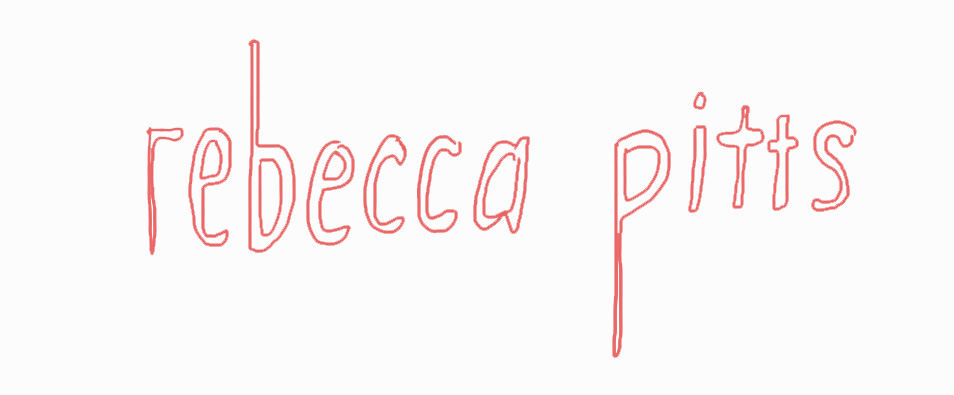Elizabeth Gilbert (of Eat Pray Love fame) may be my new favorite person. I had the chance to attend a performance/reading/chat that she and Amy Stewart (Wicked Plants and The Drunken Botanist) staged at the New York Botanical Garden last week, following a viewing of the exhibition Weird, Wild, and Wonderful, a show of stunning and technically masterful works of art of "bizarre flora" by botanical painters and illustrators.
What on earth does Ms. Gilbert have to do with botanical illustration, you may ask? Now, a lot: she returned to fiction and broke from memoir writing with The Signature of All Things, a fantastic newish novel that begins in the 19th century and spans the lifetime of its heroine, Alma Whittaker, a woman who devoted herself to intellectual pursuits and ultimately to a transformative personal mission. Gilbert wove detailed historical research (from the archives of the New York Botanical Garden and elsewhere) into this fascinating story that covers multiple centuries, continents, voyages, and even the scientific study of mosses.
Ms. Gilbert is obviously a super successful published author (there was that Julia Roberts movie)… but, get this… she's remarkably refreshing, vulnerable, and honest. And, no small feat for a writer, I'm sure: she seemed the least bit interested in appearing cool. I'm paraphrasing most of the "quotes" below, because I scribbled them down in the early morning after this talk, but I hope I've captured what she really meant to say:
Single most important bit of advice for a writer? Done is better than perfect.
Second most important piece of advice? Write your book to one person. Not an abstract, composite person of your fan-base (actual or imagined), but a real person that you actually know. Eat Pray Love was a letter to Ms. Gilbert's good friend. The Signature of All Things was written to her beloved fourth grade teacher, a kind, smart, inspiring mentor in a sea of underwhelming almost-retired elementary school teachers. Ms. Gilbert wanted to give her favorite teacher the gift of her most favorite book, ever. So she wrote it.
Women, historically, have always created their art with "stolen" materials—that is, materials that have been considered to be less important or serious — embroidery, needlepoint, or, in the case of the heroine of Ms. Gilbert's novel: the investigation and scientific study of the plants and flowers in the backyard. Perhaps even more significant is this: women have always made these works on stolen time.
Women have had to “steal” these hours to make their art and create something, anything, to do the work of making—the work that keeps us from going crazy.
I don't like it when people say we have to be passionate. What if our passions change? Where does that leave us then, apart from feeling bad or guilty? What if, instead, we choose to be curious? What if, instead of quitting our job and moving across the world to follow our passion, we just turn our head one inch to the left and look at something more closely? What if that one thing leads us to the next thing and what if we choose to spend our time on this earth with an open heart, with a mind of a curious person? That is a good way to live one's life.
If you haven't had the chance to read it yet, find out more about her new book here. Plus: small art inspired by this book, and this TED talk on success, failure, and the drive to keep creating that will make you love Ms. Gilbert if you don't already.
Image via Unsplash.




